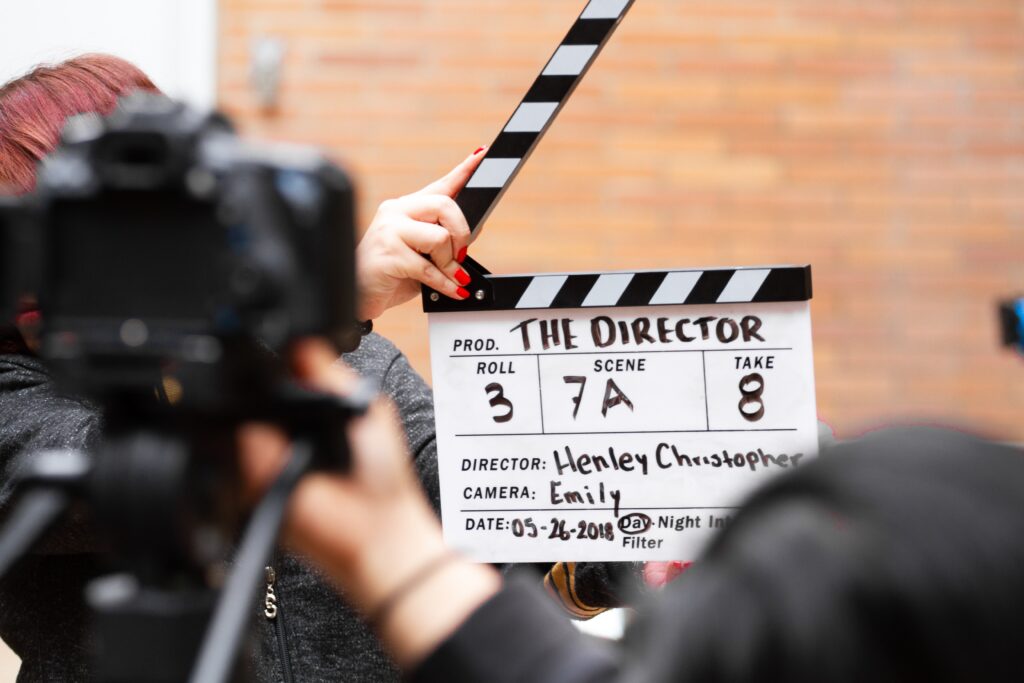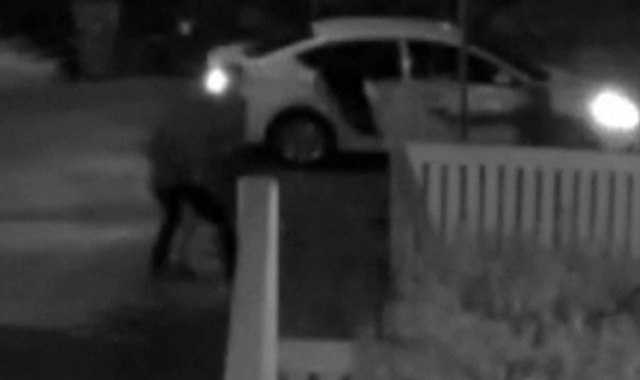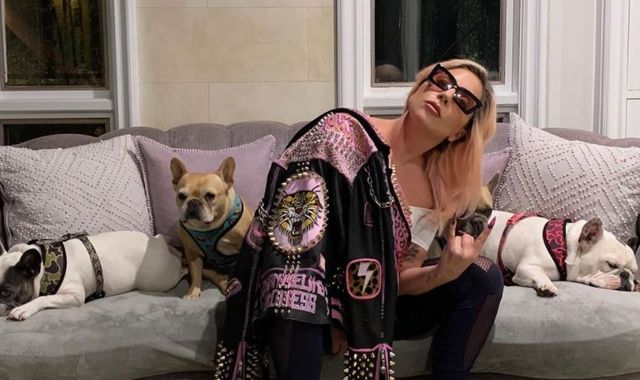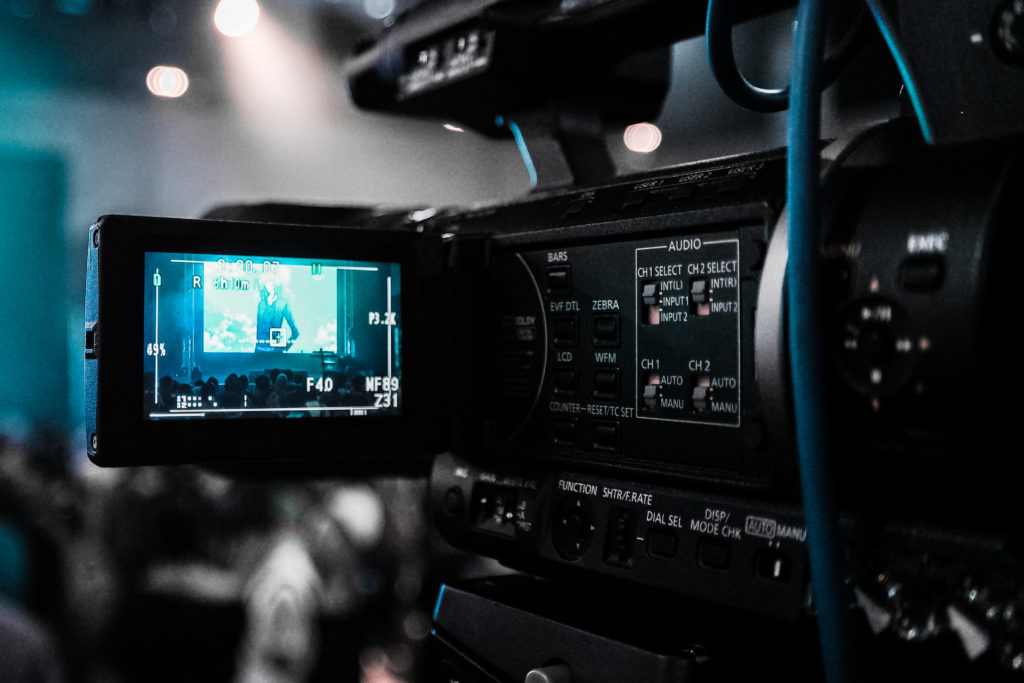Krysten Cummings: ‘No one was interested in a black girl with a guitar’
Written by News on 15/06/2020
“It’s a scary time – and I take no joy in it – but it is also an exciting time because it’s the first time in my adult life that I have seen real conversation happen between people of colour and white people.”
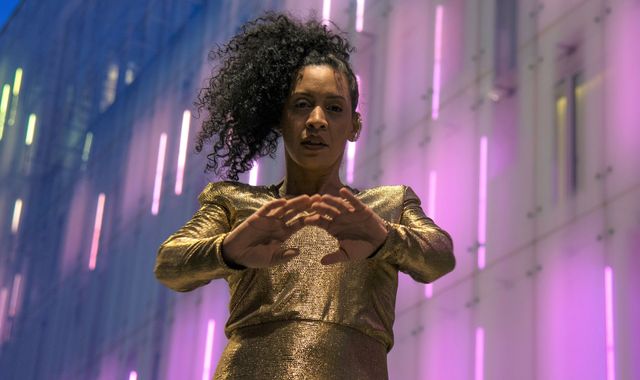

You may not necessarily know Krysten Cummings by name, but as a singer, songwriter, musician, topline artist, actress and star of West End and Broadway, you may well recognise her voice.
As a black female artist who has been in the entertainment business for 30 years, she is speaking to Sky News about her experiences in the industry as conversations about racism continue following the killing of George Floyd in the US.
Mr Floyd, tragically, was not the first black man to die in an incident involving police in the US, but with demonstrations continuing three weeks on from his death, it does feel like this tragedy might have sparked the moment for change, Cummings says.
“You hope every time that something is going to change and something is gonna be different, or this time maybe it’s the time that really people will get themselves together and not be so distracted,” she says.
“[But] there’s a grand revolution that is occurring, I think, with people of colour, with women’s rights too. It’s not just in little pockets anymore, it’s happening all over.
“I am continuously hopeful. I am continuously positive… I do genuinely think that with the spread throughout the world of Black Lives Matter, I feel like people are going to just keep going. They are committed really for the first time.”
Cummings’ latest project, OffWorld, is a collaboration with musicians including Richard Archer, the frontman of Mercury Prize-nominated indie-rock band Hard-Fi, Wolsey White, Smiley Barnard and Dale Davis.
Originally from Pennsauken, in New Jersey, she first met Archer singing backing vocals for Hard-Fi while she was living in London. It was “a meeting of minds”, she says, of two musicians who wanted to highlight social injustice in these turbulent times.
OffWorld recently shared I Found Out, a song written several years ago following the death of Michael Brown, an 18-year-old who was shot by a white police officer in Ferguson, St Louis, Missouri, in 2014.
“I’m mad and I’m angry and I’m sad that this is relevant all over again,” Cummings says.
“So it just seemed right that as a multicultural band as well as an international band that we’re standing with this movement of, not just Black Lives Matter, but of all people of colour.”
Cummings, a former member of The Rotten Hill Gang collective, now splits her time between Philadelphia and London to work with OffWorld.
She describes Archer, as well as his Hard-Fi bandmates, as being “allies” when [the word] “wasn’t even in our vocabulary, in our modern vocabulary at all”.
“The last album that Hard-Fi did was during the London riots [in 2011]… I was living in east London at the time and what was so amazing to me is that this group of white guys were so switched on and such allies and wanting to comment on, you know, the power imbalance between people of colour and the social system. That really connected us even more.”
To some, she says, a song like I Found Out, which features dialogue from emergency service radio heard after Mr Brown’s death, would be considered “a risk”.
“As a woman of colour and as a very strong feminist, I’ve never shied away from speaking out, of kind of saying, hey, if this is what you really believe, let’s really start talking about it.
“To some it’s considered a risk. But I was like, listen, this is what I want to talk about. Let’s talk about it.
“It was this idea of being a person of colour and having to continuously explain to white people, what do you mean you don’t understand what I mean? It can be exhausting.
“And the idea that… people were always saying, ‘thoughts and prayers’, and the praying clearly was not helping the problem. It’s a wonderful sentiment and I respect all people’s religions and spiritualities. But it was about, it’s time for some action now. We have to do something.”
Cummings has appeared on stage in musicals including Rent (for which she was nominated for the Laurence Olivier and Dora Mavor Moore awards for best actress) and as Spice Girl Melanie Chisholm’s understudy in Jesus Christ Superstar, as well as at Eurovision; as a backing singer and keyboard player for Bonnie Tyler when she represented the UK in 2013, and as a backing vocalist for Azerbaijan’s hopeful Elnur Huseynov in 2015.
She is also a prolific topline artist – writing lyrics and singing them for a pre-recorded beat – whose vocals have featured on countless house and techno tracks.
In the many conversations about systemic racism that have come out of the Black Lives Matter movement in recent weeks, among them is the issue of black female artists not being credited properly for their work in the music industry.
While Cummings says she has worked with lots of good producers and DJs – including Hoxton Whores, Soul Avengerz, BodyRockers and Per QX – she knows she has not always been fairly credited by others when her vocals have been used.
“There’s a tonne of tunes in the world right now that I know I’ve sung on, that I probably never will make any money from, but have made people super happy when they’re dancing in a club,” she says. “That’s a reality, and I know I’m definitely not the only one.”
Cummings describes work as “a hustle; I hustle hard”. The industry is particularly difficult for black female artists, she says.
“I think as women anyway it’s often, ‘don’t talk, be pretty, sing your face off and don’t give us any trouble’, kind of vibe. And I am all those things except for the not talking – I will shout your face off.”
She laughs but quickly becomes serious again. “You develop relationships with people that you’re like, okay, you are the best of the worst, you know, you didn’t try and sexually harass me while we were doing a session. Okay. Because that exists; as black women, we’re also treated like props, like accessories.”
As a topline singer, you “write some lyrics, you figure out a melody and then, bam, there it goes”, Cummings says.
“Don’t get me wrong, it’s made me an amazing musician, to be able to do that.
“[But] for many of those you just get a session fee and then it’s out in the world, and then they resell your vocal for other people to remix.”
:: Listen to Divided States on Apple podcasts, Google Podcasts, Spotify, and Spreaker
Cummings says that as well as “how to sing and dance and act and show up on time and be professional”, music and drama schools should be teaching students “how to balance their books, how to pay taxes, how to read a contract”.
She continues: “That’s the kind of information that is, particularly in the arts… it keeps the power imbalanced.”
There are sexist and racist microaggressions, she says, that need to be addressed in the industry.
“It’s the idea of going in [to a studio] and as an American black woman, that idea of, ‘hey, can you do it and really sass it up?’ And I’m like, I’m sorry, I don’t understand what you mean. ‘Can you sass it up?’ ‘You know, it needs to be more urban…’ or other times you’re too urban, or you can’t sing that song because it’s not an urban song, or can you do it and shake your butt?
“That kind of stuff. You know, I was a singer-songwriter, a girl with a guitar, at a time where no one was interested in a black girl with a guitar. So I got only so far within the industry as that. And it turned out that no one was really listening, they were just looking at me because I had lovely hair.
“The microaggression that is set in needs to be addressed. We as people of colour are far more rounded than just what’s considered ‘urban music’. In particular, you know, we are more than hip-hop and riffs.
“A lot of times if you put yourself on the line, you can get blackballed or called… my favourite is that, I was called difficult as an actress. She’s difficult. I was like, no, I’m not difficult, I actually give a sh*t. And this is not how I play. I don’t mind; I will happily put myself on the line in order to try and make progress.”
Being black in a white-dominated society, Cummings says, can be “like waking up with PTSD every day when you have to go out and navigate the idea that you will be followed in a shop, that you will be questioned about where you’re going, that you could be stopped and searched”.
She continues: “I’ve spoken now to five of my black girlfriends, as we’re working on a video for Off World. And not one of us has never been accused of being a prostitute for being somewhere late at night. It’s unreal.”
The Black Lives Matter movement is leading to important conversations about race and privilege, Cummings says – conversations that many white people are acknowledging can be uncomfortable.
“It’s just about listening and hearing and comprehending and it’s empathy and being able to place yourself in someone else’s shoes,” she says. “It’s not about trying to make people feel guilty.
“It’s about trying to make you understand that for hundreds and hundreds of years there has been an inequality. And that’s all that people want, is a chance. A real chance.”
Race and Revolution: Is Change Going to Come?
Sky News will broadcast a global debate show on Tuesday night at 8pm – looking at the issues raised by the Black Lives Matter protests, and examining institutional racism and how we fix it.
If you would like to be part of our virtual audience, and have a chance of putting a question to our panel, please send your name, location and question to newsdebates@sky.uk
(c) Sky News 2020: Krysten Cummings: ‘No one was interested in a black girl with a guitar’


